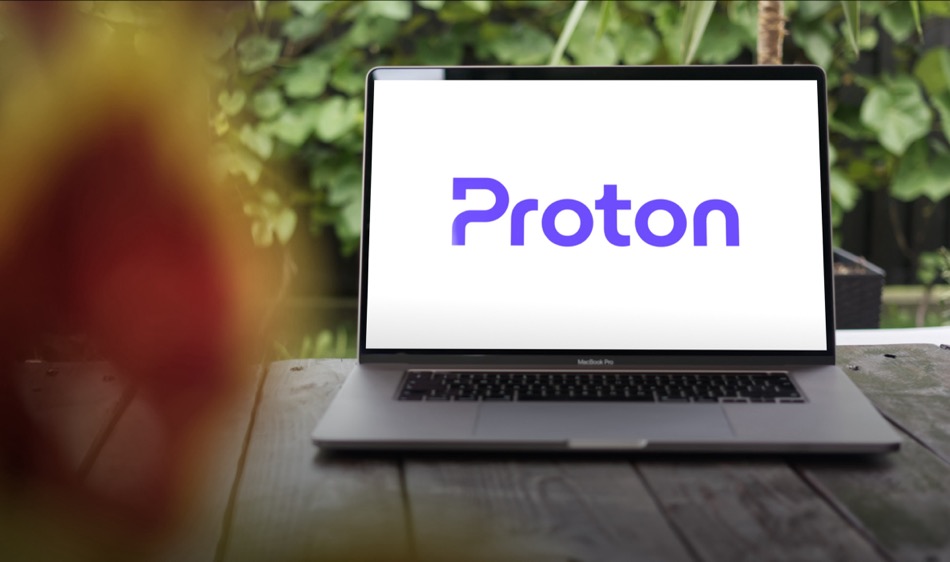
Privacy-focused tech firm Proton has filed to join a major class-action antitrust lawsuit against Apple, alleging the tech giant maintains an illegal monopoly over iOS app distribution and payment processing that harms developers, consumers, and democracy.
Filed on June 30, 2025, in the U.S. District Court for the Northern District of California, the lawsuit seeks sweeping changes to Apple's App Store policies, potentially reshaping the mobile software ecosystem in the United States.
The complaint positions Proton not just as a plaintiff but as a representative of a broader class of developers allegedly stifled by Apple's practices. Proton's participation follows a series of global regulatory actions, including a €500 million fine levied by the European Commission in April and a judicial referral for possible criminal prosecution in the U.S. stemming from the Epic Games v. Apple case.
Proton, known for its suite of open-source, privacy-first tools such as Proton Mail, Proton VPN, and Proton Drive, claims Apple's App Store model unfairly penalizes subscription-based business models that prioritize user privacy. Unlike ad-funded apps from surveillance-based platforms like Google and Meta, which avoid Apple's in-app purchase commission, privacy-centric firms are forced to pay up to 30% of revenue for using Apple's mandated payment system. These costs are either passed on to consumers or absorbed by developers, curbing competitiveness and innovation.
The complaint outlines multiple areas where Proton alleges Apple abuses its dominant position:
- App distribution lock-in: Apple prohibits the use of competing app stores or direct downloads on iOS, reinforcing its role as the sole gatekeeper and enabling the extraction of supracompetitive fees.
- Payment processing monopoly: Even when steering to alternative payment methods is technically allowed, Apple imposes restrictive conditions and retains a revenue cut, neutralizing any real choice for developers.
- User experience degradation: Apple prohibits developers from informing users about cheaper payment options outside the App Store or linking to support pages that could lead to external upgrades.
- Selective enforcement and censorship: Proton recounts how Apple threatened to remove Proton VPN in 2020 for referencing the app's ability to bypass censorship, language Apple found objectionable in certain jurisdictions. Similar actions have allegedly been taken at the request of authoritarian governments in China and Russia, with Apple removing or restricting VPNs, messaging apps, and major news outlets.
Proton's lawsuit also emphasizes that changes must go beyond monetary damages. The firm is urging structural reforms that would allow for alternative app stores and payment platforms on iOS. Any monetary compensation Proton receives will be redirected to nonprofit organizations promoting democracy and human rights, specifically those countering tech-enabled repression.
The full 73-page complaint argues that Apple's practices have systematically suppressed competition in critical mobile software markets, specifically the U.S. markets for iOS app distribution and iOS in-app payment processing. Citing evidence such as Apple's alleged suppression of “super apps” and cloud gaming platforms, the suit accuses Apple of actively quashing innovations that threaten its platform dominance.
Proton's legal action comes amid a parallel class-action suit by other app developers filed on May 23, 2025. By joining that action now, Proton aims to influence the outcome toward structural changes rather than a narrow financial settlement that may lock in the status quo.
In its conclusion, Proton underscores that the App Store is no longer a niche market but central to global internet access. With mobile apps serving as the main interface to the web for billions, ensuring a competitive and rights-respecting app ecosystem is not just a developer issue but a democratic imperative.






Leave a Reply